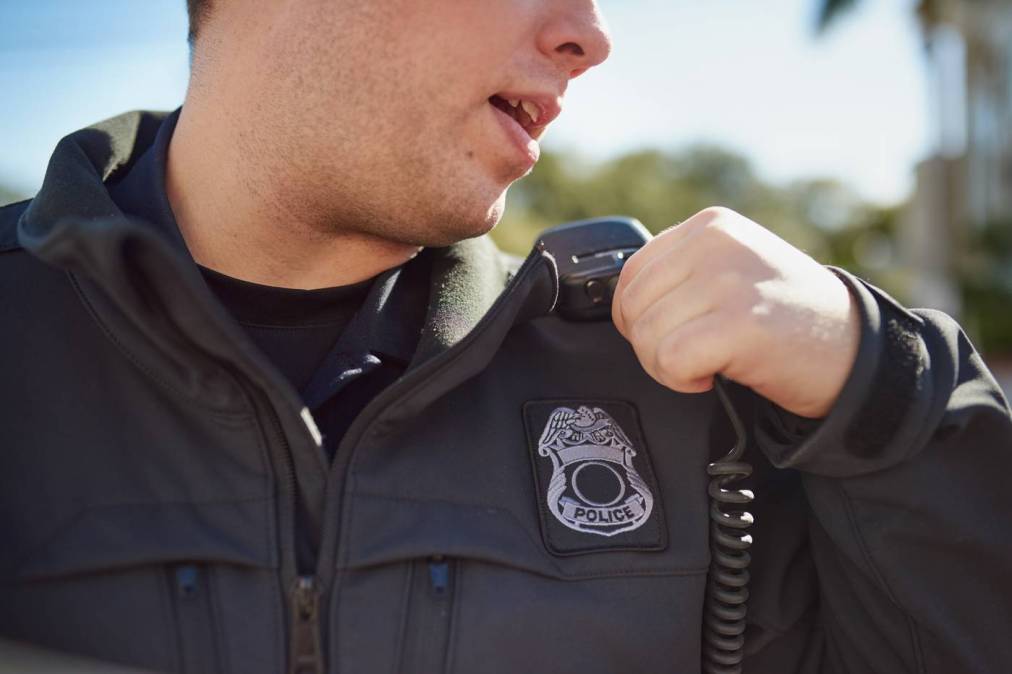Carnegie Mellon University police upgrade radios

Amid protests of the Israeli–Palestinian conflict, Carnegie Mellon University’s police department is upgrading its land mobile radios so it can better collaborate with surrounding jurisdictions, like the Pittsburgh Bureau of Police and the Allegheny County, Pennsylvania, Police.
The university police department’s vendor, Mission Critical Partners, on Thursday announced it had completed the first phase of the more-than $1 million technology upgrade, which included the purchase of new digital radios that will allow communication on an encrypted radio channel used by Pittsburgh police officers.
Steve Haberman, a senior project manager with the vendor, told StateScoop that before this project, university police were “on an island,” but that programming new digital radios in the coming months will allow them to tap into Pittsburgh’s private channel.
“Only their SWAT team or command officers can listen to it,” he said. “It’s not out there in scanner land.”
The first phase of the university’s radio upgrade project, which began early last year, was “quick and dirty,” Haberman said, because it mainly involved an assessment of the university police’s technical infrastructure and buying new radios that adhere to Project 25, a set of digital radio standards designed to ensure that devices made by different manufacturers can communicate with each other.
The next phase, he said, will include redesigning Carnegie Mellon’s radio infrastructure — including new in-car and handheld radios, as well as a new dispatch platform — and ensuring that police radios work well indoors. Haberman said the city requires many institutions to install bidirectional radio amplifiers indoors to ensure that the city’s fire department can communicate inside buildings, so the project will also include adding a university police channel to those amplifiers.
Haberman said Mission Critical Partners is also working with the surrounding Allegheny County on a much larger land mobile radio upgrade, costing in the tens of millions of dollars.
“By us being involved in both projects, we can ensure that whatever happens down the road, Carnegie Mellon’s not left out,” he said. “They can communicate with their neighbors and their partners for any kind of emergency response that would be necessary.”
Carnegie Mellon students and other community members have gathered around campus in recent months to protest against Israel in the ongoing Israeli–Palestinian conflict. While some college protests around the country have culminated in violence and clashes with police, Carnegie Mellon’s recent rallies have so far been peaceful.

